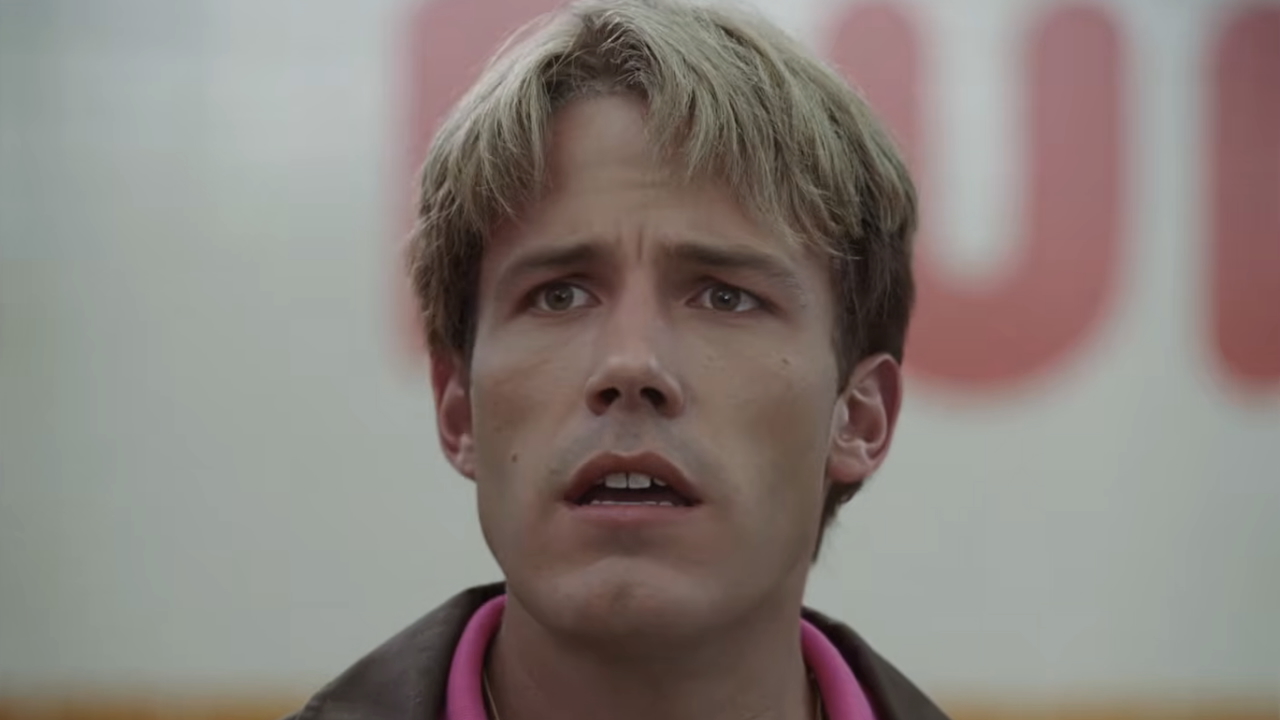How Doctor Who Proved In Jodie Whittaker's Final Episode That It Doesn't Need To Retcon The Timeless Child Story
Can fans ease up now?
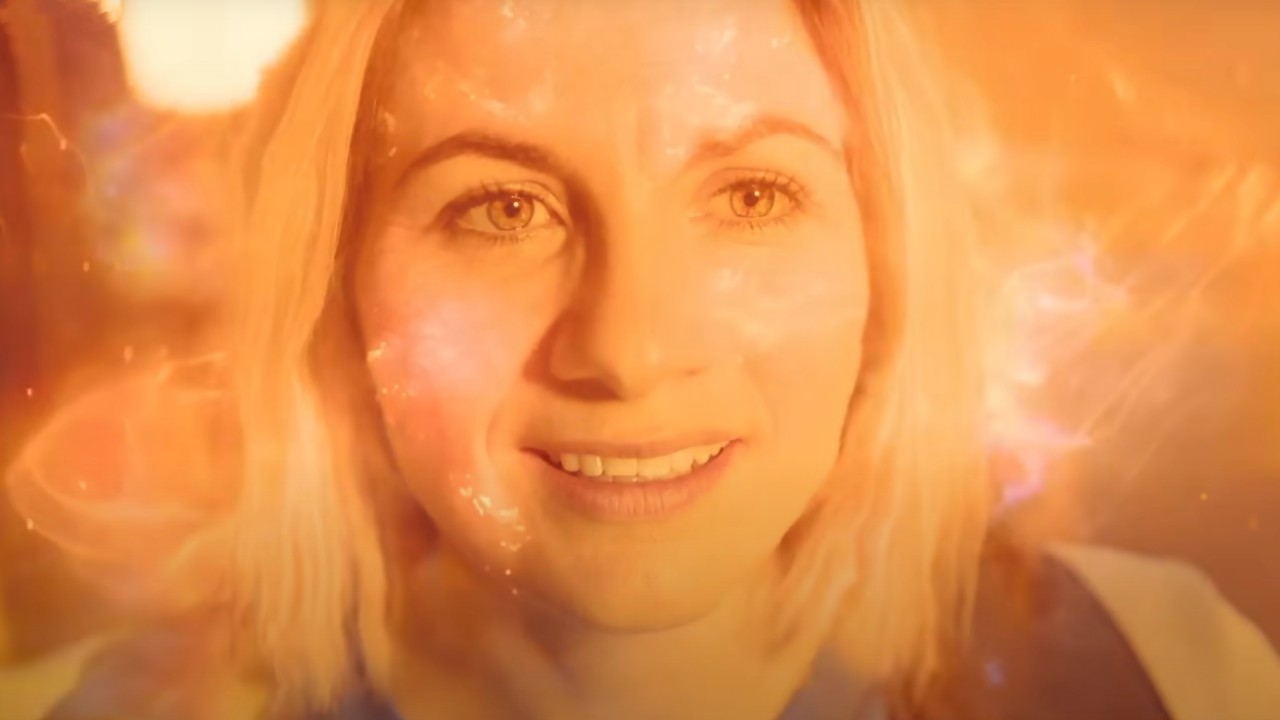
Your Daily Blend of Entertainment News
You are now subscribed
Your newsletter sign-up was successful
Warning! The following contains SPOILERS for the Doctor Who episode “The Power of the Doctor.” Read at your own risk!
Doctor Who recently aired its farewell episode to Jodie Whittaker’s Doctor, and in my opinion, The BBC franchise did right by its latest actress. The episode was a thrill ride loaded to the gills with cameos from past actors, even some we didn’t know about prior to airing. It also did nothing to dismiss exiting showrunner Chris Chibnall’s polarizing Timeless Child arc, and I think that’s a great thing.
“The Power of the Doctor” justified the Timeless Child arc, which is impressive since it didn't even directly mention it. As such fans shouldn’t be upset the episode didn’t find a chance to retcon it, or campaign for Russell T. Davies to do so in the 60th anniversary or Ncuti Gatwa’s run in Season 14. For anyone not in agreement on that, the following should help make it clear why it’s not necessary.
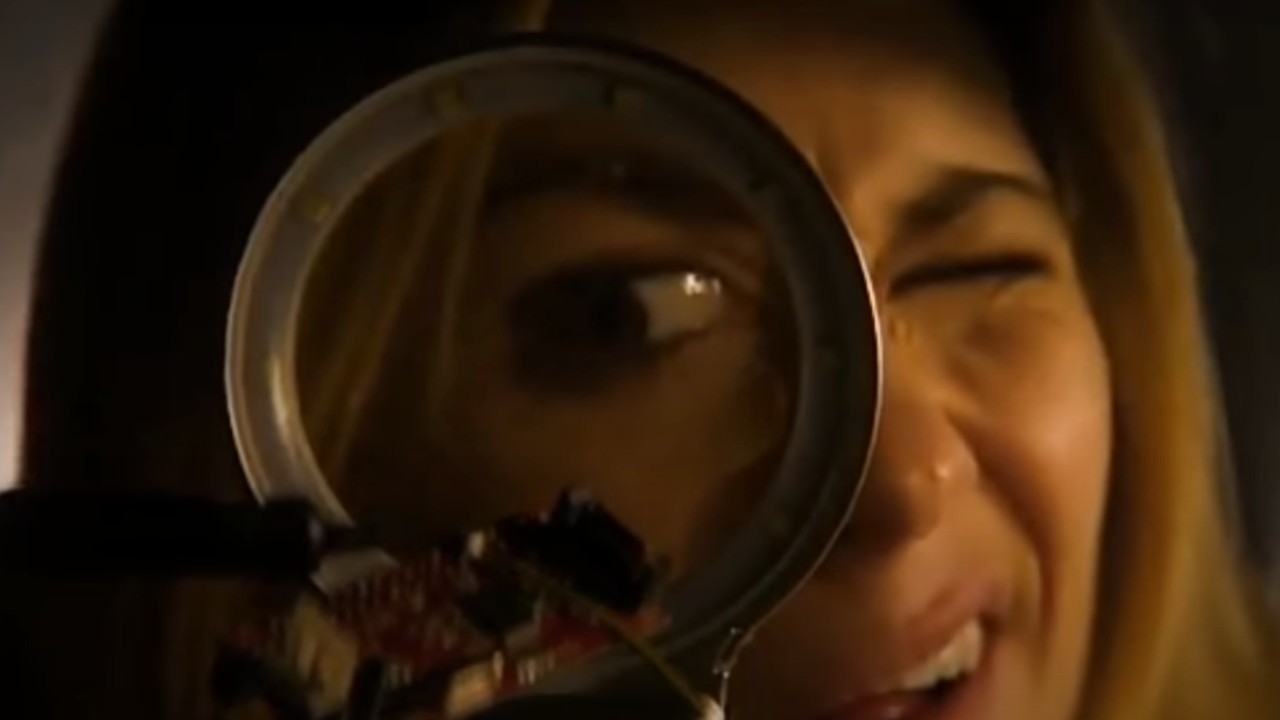
First, Let's Recap The Timeless Child Arc And What It Changed
The Timeless Child arc revealed that The Doctor was found as a child by a Shabogan scientist, Tecteun, on another planet. Once Tecteun discovered The Doctor’s ability to regenerate, she managed to engineer the trait so that Gallifreyans could all be injected with the ability as well. The Shabogans became “Time Lords,” and while they instilled a strict regeneration limit on themselves, The Doctor is believed to have a limitless amount of regenerations. The Doctor had their memory erased, so was only made aware of this when The Master unlocked the memory.
The Timeless Child arc retconned a lot about Doctor Who’s original origin story, and also seemingly negated the previous showrunner Steven Moffat's original fix to The Doctor's regeneration issues. "The Time Of The Doctor" showed the Time Lords granting the Eleventh Doctor a new regeneration cycle, but according to this new story, that was entirely unnecessary. That is, of course, unless the Time Lords sent through something different and it's addressed at a later date.
The premise of The Timeless Child, as well as the stories it complicated, made it a super polarizing twist for Doctor Who. Well, for some people anyway, as I'm definitely on board with it for a few reasons.
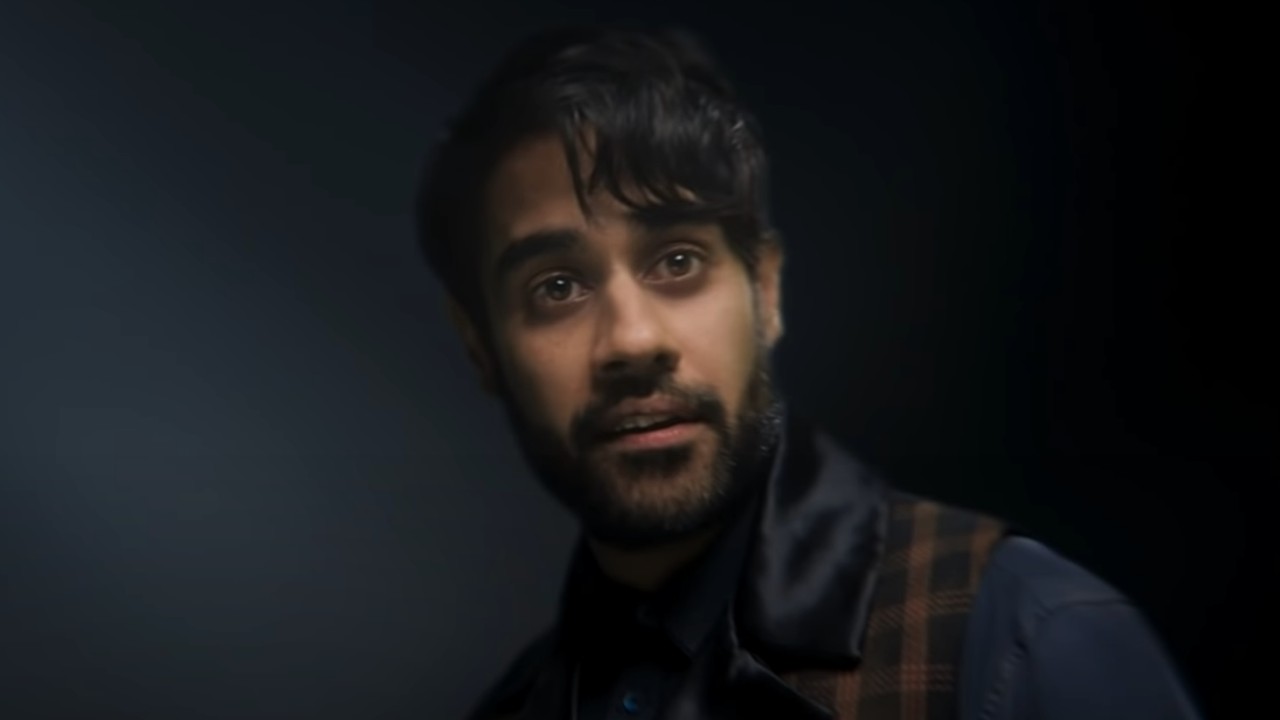
There Are Fates Worse Than Death For The Doctor
One common argument I’ve heard against the Timeless Child arc is that suggesting The Doctor has no regeneration limit removed stakes from Doctor Who. If The Doctor can just endlessly regenerate whenever they die, then can they ever be truly defeated? “The Power of the Doctor” proved that there are far worse fates for someone like The Doctor than death, especially when you can’t die.
Your Daily Blend of Entertainment News
In the episode, The Master joined forces with The Doctor’s greatest enemies and managed to trap her and begin the process of “forced regeneration.” This is similar to what happened with the Second Doctor, though The Master had a twist in his plan. He managed to concoct a device that would transmit his own consciousness into The Doctor’s body, which made him The Doctor.
And while The Doctor likely would’ve found a way out of that eventually, the premise of it was pretty terrifying. The Master intended to destroy all the goodwill his rival made throughout the ages across the galaxy and descend the world into chaos. Had The Doctor taken a long time to return, they would’ve come back to a world they didn’t recognize and would be universally hated.
Things obviously didn't work out for The Master in his latest plot, but it just goes to show there are ways to hurt and incapacitate The Doctor without actually killing them. I can’t imagine anywhere from one to a thousand years trapped as a prisoner in my own body while someone navigated it, and then having to deal with whatever came after next. Without a doubt, there are fates worse than death.
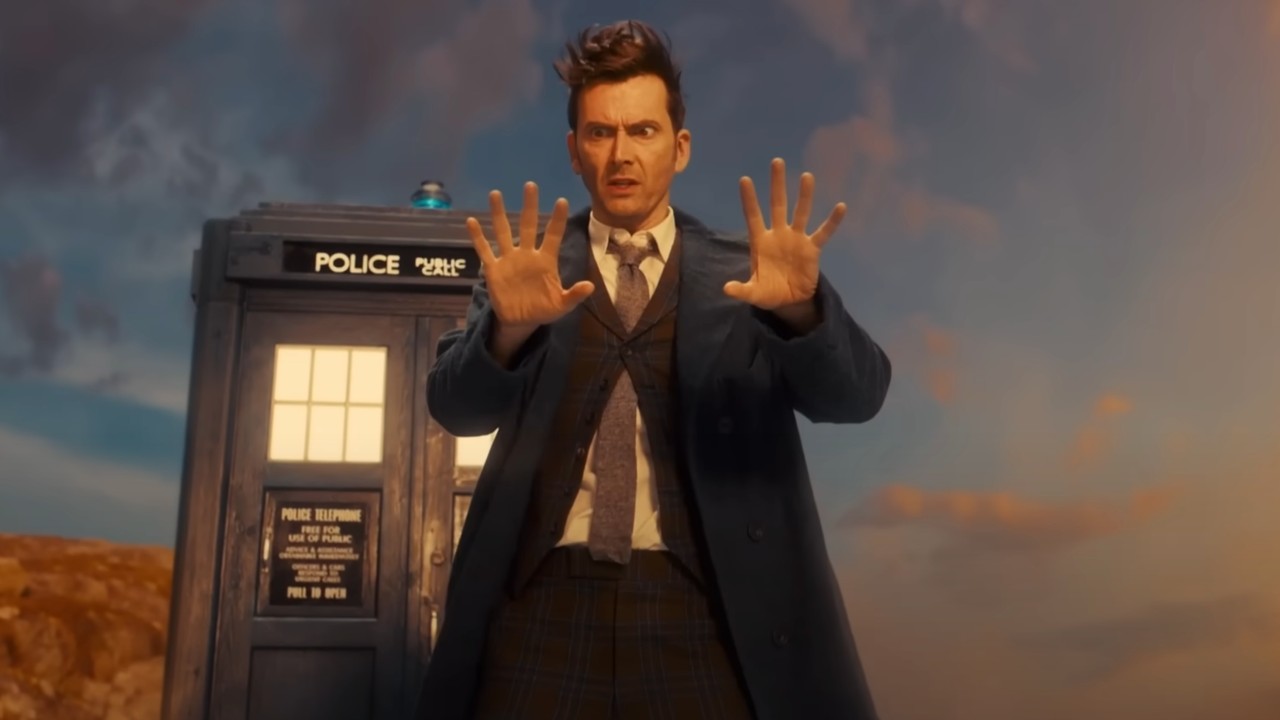
Realistically, Fans Need To Acknowledge The Doctor Will Never Actually “Die”
Fans arguing that Doctor Who needs to implement strict regeneration limits on The Doctor have always sounded silly to me, mainly because it’s not realistic to hold onto. As long as Doctor Who is on the air and running, The Doctor will never truly die. The whole beauty of the regeneration trait is that the show can seamlessly switch leads without raising too many eyebrows like other shows would, and it’s not like shows decide to suddenly end should they be forced to kill off the lead character.
The idea that The Doctor only had a limited number of regenerations was always a more restrictive story-telling element than freeing. Showrunners over the series' history were forced to tweak, retcon and re-explain why The Doctor received more or fewer regenerations every so often. Effectively, they were all punting it to the next person to handle, and Chris Chibnall finally handled it with the ‘Timeless Child” arc.
Even when Doctor Who was canceled back in 1989, The Doctor was still alive. It stands to reason that if The BBC ever ended the franchise in the future, which feels unlikely anytime soon thanks to that new Disney+ deal, The Doctor will live on eternally through other projects. In short, there doesn’t seem to be a reality in which the character will ever truly die, which makes the Timeless Child arc more valid of an idea than past regeneration stories.
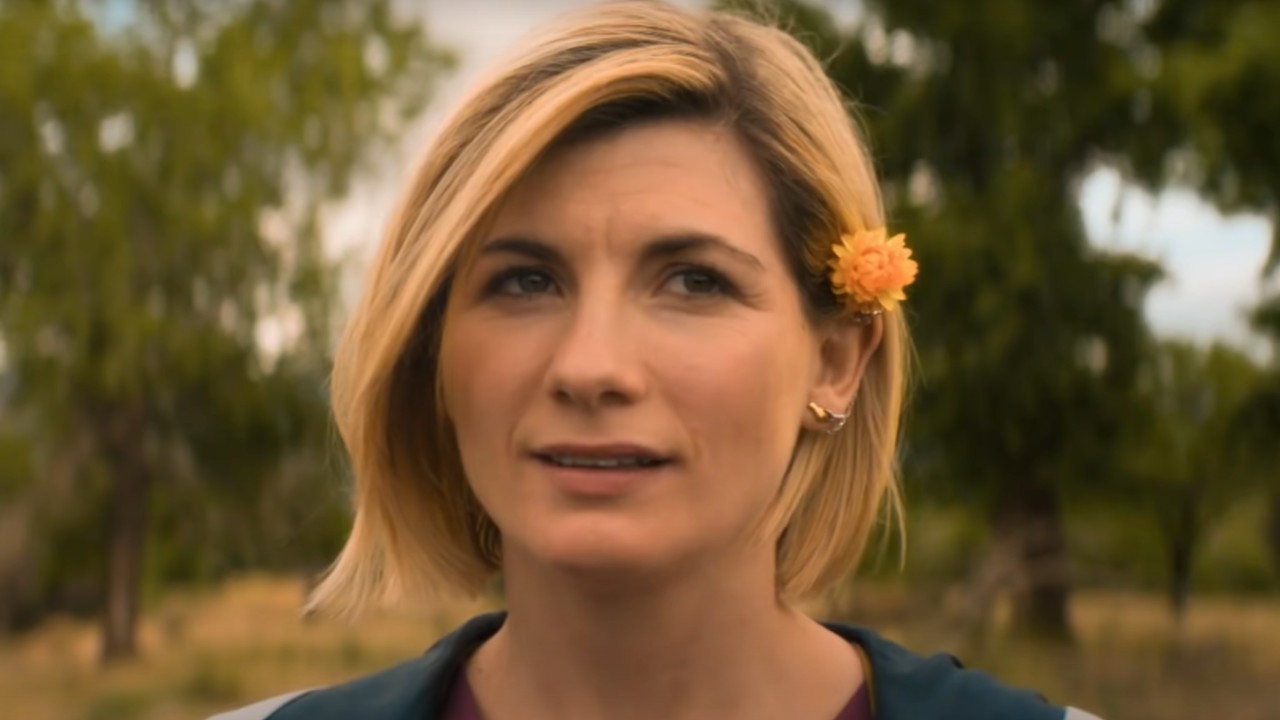
The Timeless Child Story Will Likely Have Little Long-Term Impact On The Franchise
Doctor Who fans can get all up in arms about the Timeless Child arc, but in reality, it’s hard to imagine this change has a massive impact on the franchise long-term. Beyond the fact that it established The Doctor can never die, the character is still more or less the same at the end of the day. One doesn’t live over two thousand years and find at least a few adventures that are more exciting than becoming immortal. Hell, I’m sure fans have forgotten many past arcs and how bizarre they were, likely because the show kept things moving and introduced even weirder arcs.
Stories like the Timeless Child are what keep a show like Doctor Who interesting for decades. Shows that don’t change the status quo are doomed to end eventually, especially if they’re scripted dramas. We should applaud Doctor Who, and Chris Chibnall, for taking a big swing when it came to a retcon of this magnitude. While not everyone is on board now, perhaps the future fans will better appreciate the decision long term. Or I might be entirely wrong and it’ll become one of the most controversial decisions in the show’s history, though after looking at that current list, I think it’s pretty safe from that scrutiny.
Doctor Who is on hiatus at the moment, but will return in 2023 with the 60th-anniversary specials, and the debut of Ncuti Gatwa’s Doctor as well. The future of the franchise looks very bright, so now might be the time to get a Disney+ subscription to prepare for new episodes next year.

Mick Joest is a Content Producer for CinemaBlend with his hand in an eclectic mix of television goodness. Star Trek is his main jam, but he also regularly reports on happenings in the world of Star Trek, WWE, Doctor Who, 90 Day Fiancé, Quantum Leap, and Big Brother. He graduated from the University of Southern Indiana with a degree in Journalism and a minor in Radio and Television. He's great at hosting panels and appearing on podcasts if given the chance as well.
